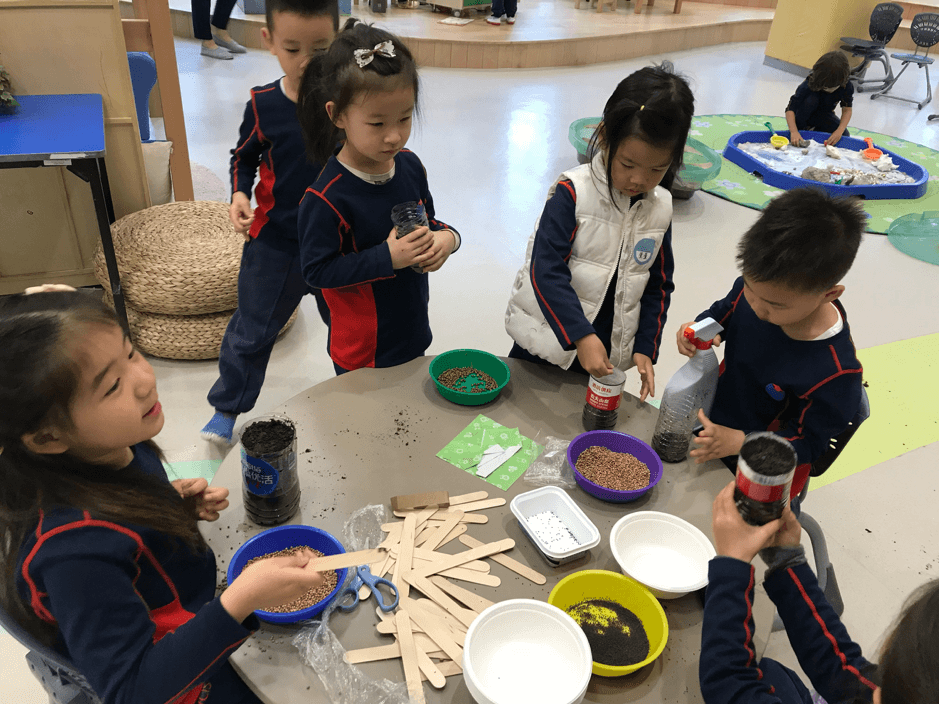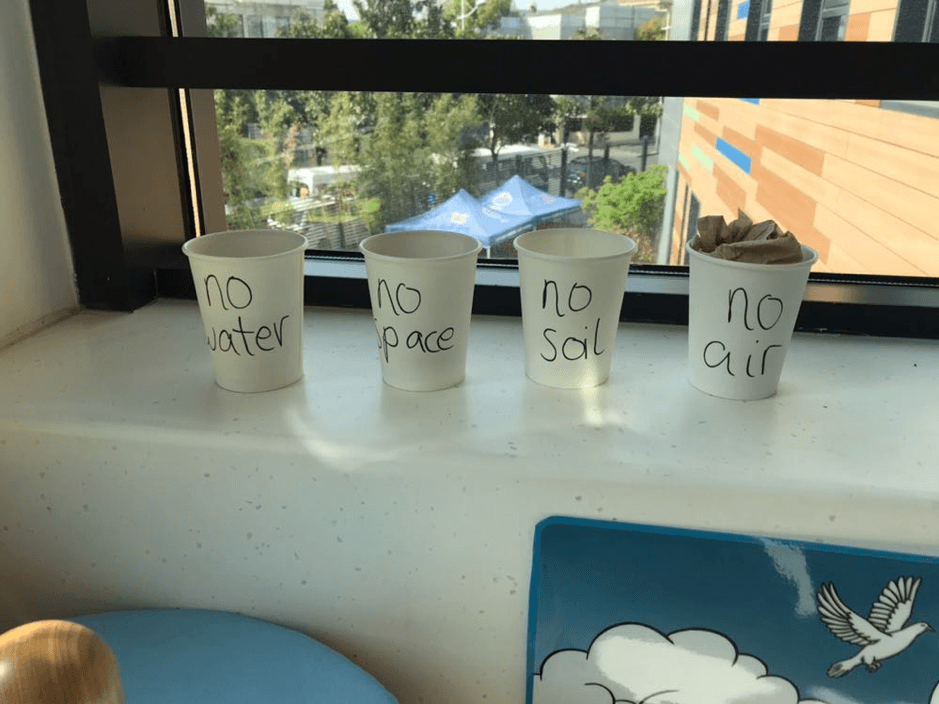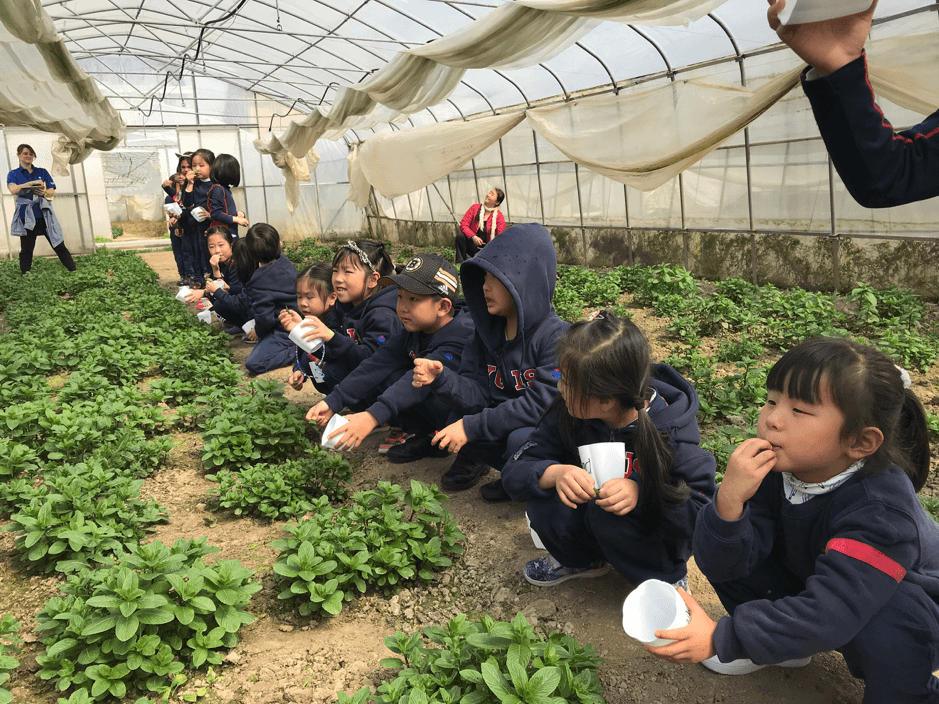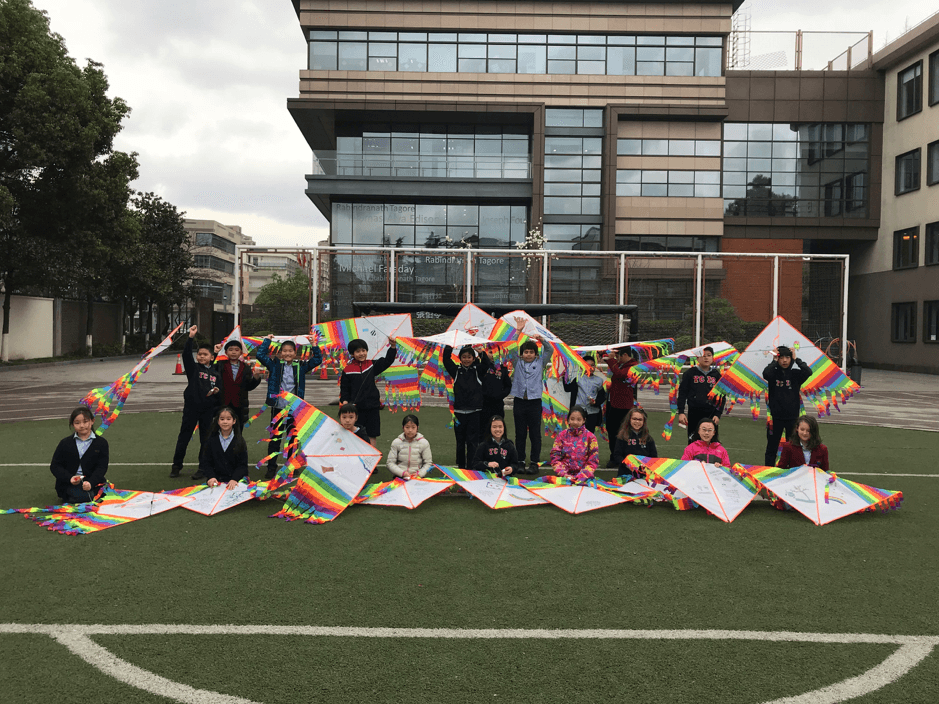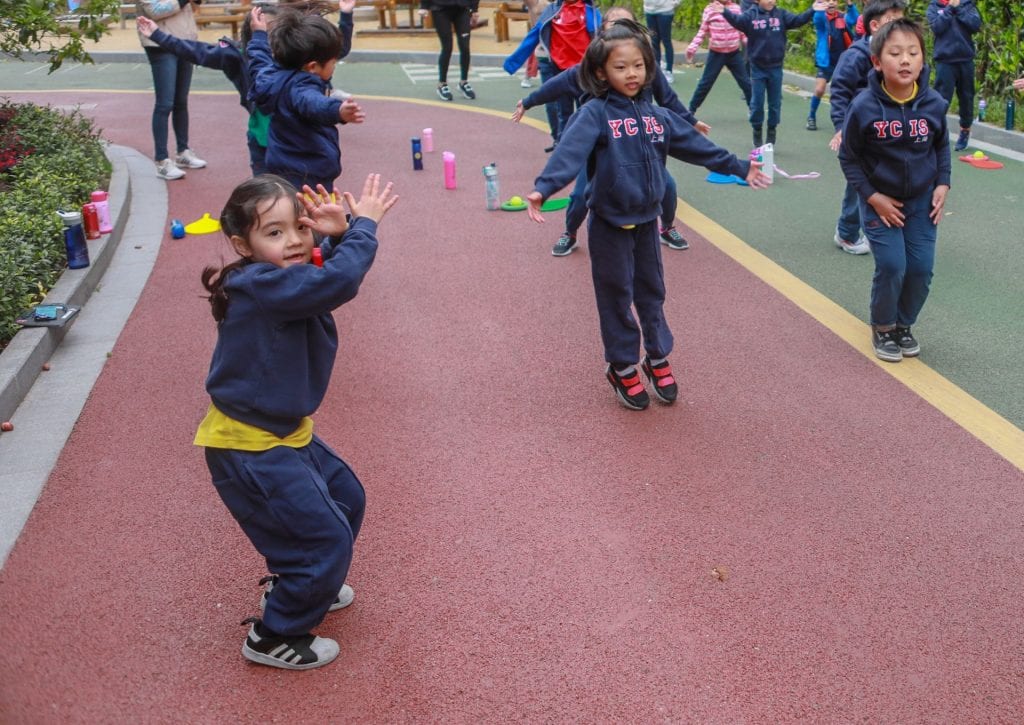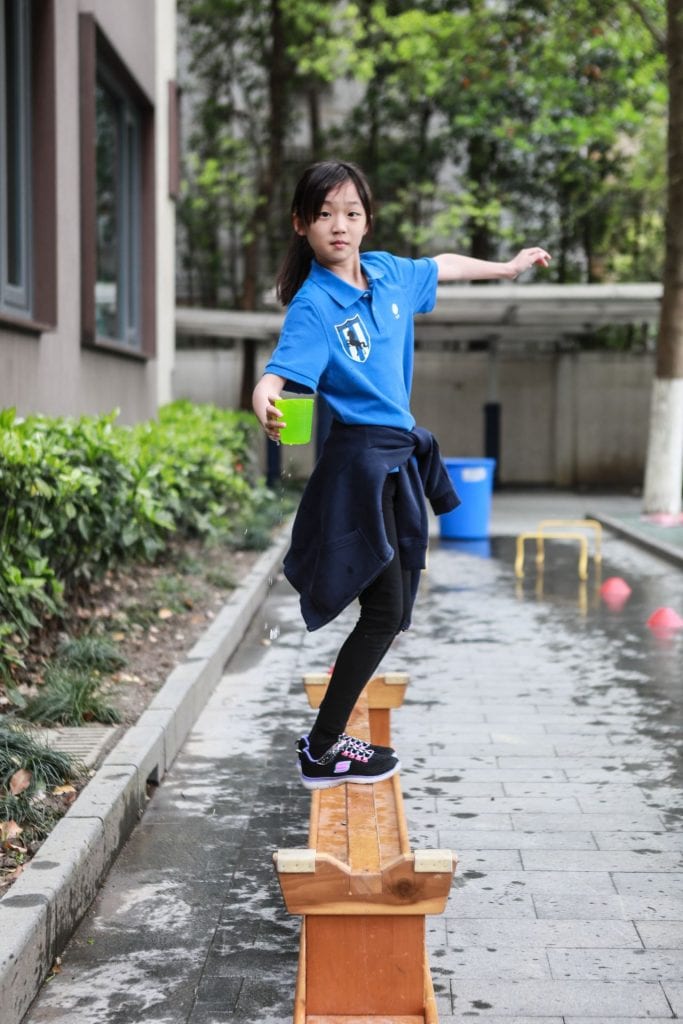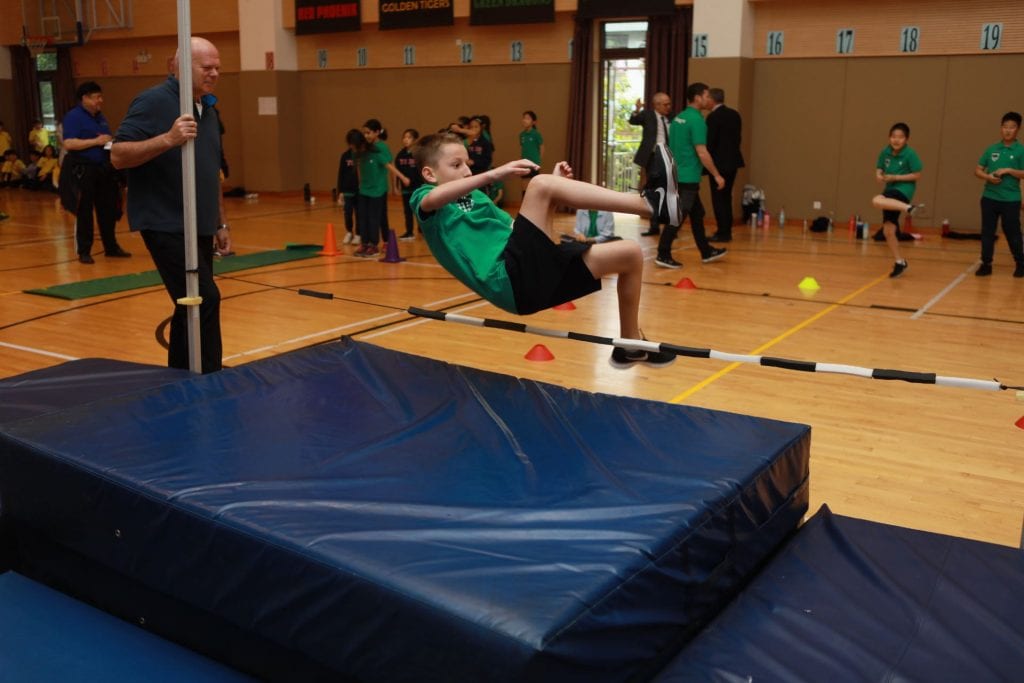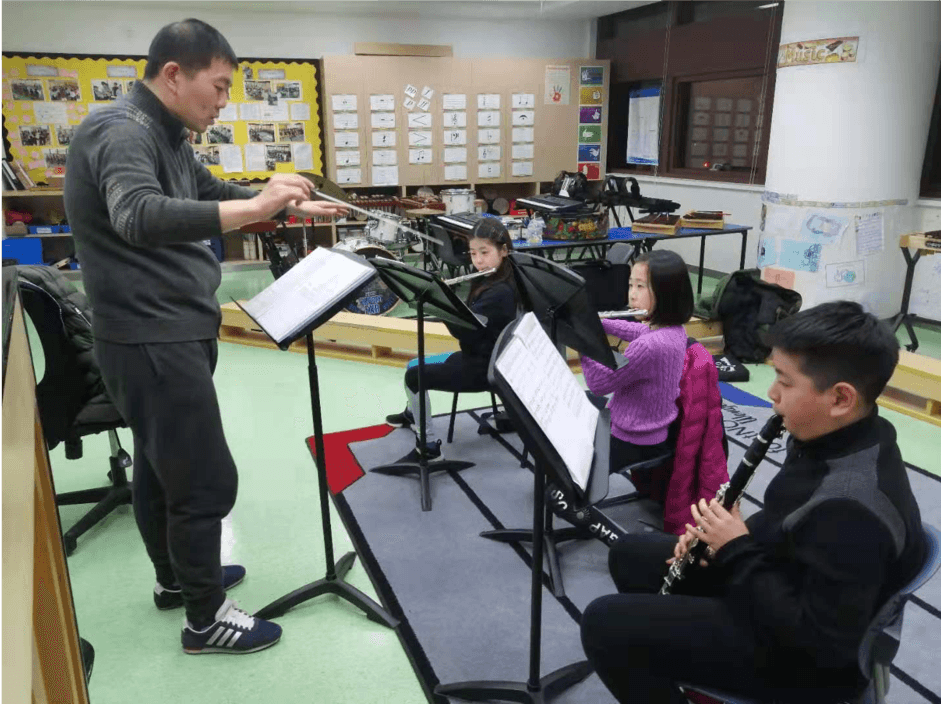
As a part of language study, the annual Chinese Role Play Competition is very popular among the CAL (Chinese as an Additional Language) students of secondary school. At Chinese class time, on 26 March our 3 Chinese Role Play Competitions successfully came to the ends as scheduled, running in the hall of Gubei Campus. The winners are as below.
The Best Role Play
Y7&8 : CAL-5 《MULAN 》
By: Y8A KIM Jinho(Steve), Y7B TUOMELA Sara Aleksandra jiayi(Sara), Y7B Son Sang-Woo, Y7B YIP Fong-Wai, Y7B HARRISON Oscar Maurice Holden
Y9:CAL-2《Do you have a good ability of speaking Chinese?》
By: Y9C KIM Hongchan, Y9D KIM Gangmin, Y9C KIM Jina
Y10 :Level-3 《The exchange student 》
By: Y10B CHOI,Yongwoo, Y10A FIORANELLI Marcela Scaranello, Y10A KIMURA Kentaro, Y10A KUSNENWAR Siya Suchant库雅, Y10A PHONGSAVANH Nathalie
The Best Actor/Actress
- Y7:Y7C TURE Noemie Gabrielle Marie
- Y9:Y9C KIM Hongchan
- Y10:Y10A PHONGSAVANH Nathalie
Special Jury Prize
- Y7:Y7C KIM Minju
- Y7:Y7A OLA Ifeayo
- Y10: Y10C PARK Se Min
Congregations to these winners and of course their Chinese teachers! Thank you to the following hosts of these competitions:
- Y7&8:Y7A VAN ZYL Gerrit Reinier、Y8C WOO Hyejeong
- Y9:Y9C EOM Ji U、Y9D CALAQUIAN Pincess Jheissy
- Y10:Y10C BEAK Seungwon、Y10B DIAZ Paula
Freya Hua CAL Group Leader
Students’ words…
For this year’s role play competition, CAL5 decided to perform Mulan, as the original movie takes place in China, so we thought it was pretty perfect.
We started practice very early on, we first chose our cast, then the script, and then costume and props, and finally additional touches like backgrounds and music.
For the final performance, we were all very scared, but very excited! We had put o lot of effect into this, and hoped it went well. Turns out, our had work paid off, because we ended up winning the competition! We were all very proud and excited! We can’t wait for next year’s competition!
NUNES Luiza Leiria( Luiza) – Y8D
The Chinese classes in Year 9, ranging from CAL 2 to CAL 5 all participated in a role play competition, in which each class was responsible for creating a performance completely in Chinese.
The four classes took different approaches to the competition. The performance from CAL 2 featured a dinner with a boy and a girl who struggled to communicate because of a language barrier, causing many misunderstandings to ensue. CAL 3 depicted the tragic story of an abandoned dog, who failed to find a home. CAL 4 portrayed the arrival and transition of a new girl at school, how she was bullied, then overcame the people making fun of her. CAL 5 showed an orange juice drinking competition between Harry Potter and a classmate, which ended with Harry’s arch nemesis showing up, murdering a student, and ultimately being defeated by Harry.
After each class performed, a winning class was announced. This year’s winner was CAL 2, their performance was found very entertaining by the audience, and it was obvious that they put a lot of effort and passion into it. Although there could only be one winner, all the students spent much class time working on their performance, and each class tried their best to do well. This year’s role play competition was very successful, and the performances were very entertaining.
Emily Sawires – Y9C
The Chinese Role Play Competition was a really fun experience and it really allowed us to use our creative and acting skills to present a play that we have produced, which gives us a sense of achievement. In addition, this competition allows us to talk more within out class, but also with different levels and other classes. It allows us to expand on our creative Chinese knowledge, but also use some other inventive ideas to create our play.
This year, my class and I chose to do Doraemon. This was a good play for us, because it allowed each of my classmates to show their Chinese speaking skills as well as their acting. We all had relatively even parts, the boys were acting, and I worked on the powerpoint and the sound effects.
Personally, I enjoyed working on this competition, because it allowed us to take a break from working on the textbook and put effort on something that we created ourselves. This was nice because it allowed us as students to create a play that we truly liked and work harder since it was a competition and we all wanted to win.
Clara Girod – Y10B

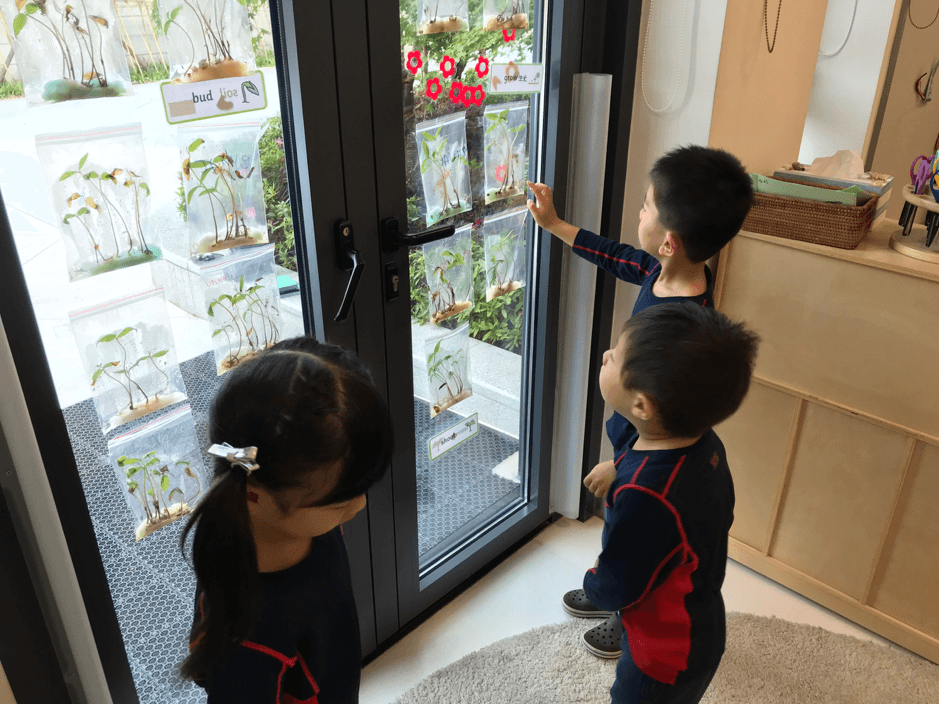 It all began during lunch time a few weeks back. One of the children noticed that the mandarin he was eating had many seeds inside, which led to a discussion about seeds, plants and growth. We planted seeds into bags one week before the Qing Ming Festival holiday.
It all began during lunch time a few weeks back. One of the children noticed that the mandarin he was eating had many seeds inside, which led to a discussion about seeds, plants and growth. We planted seeds into bags one week before the Qing Ming Festival holiday. A few children have shown concern for the plants, as they were now too big for the bag. We have recently been talking about possible locations in the ECE playground where we can move them. We are hoping that our plants grow as high as Jack’s beanstalk so we can find the goose who lays golden eggs!
A few children have shown concern for the plants, as they were now too big for the bag. We have recently been talking about possible locations in the ECE playground where we can move them. We are hoping that our plants grow as high as Jack’s beanstalk so we can find the goose who lays golden eggs!